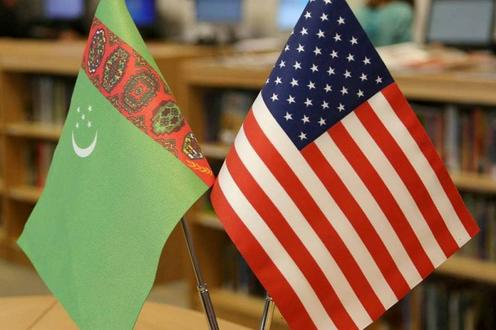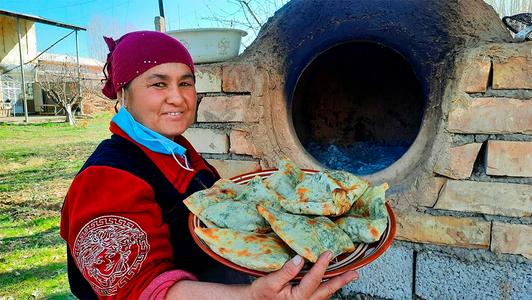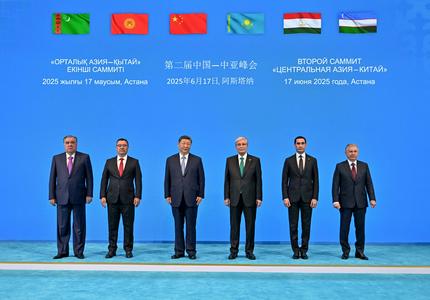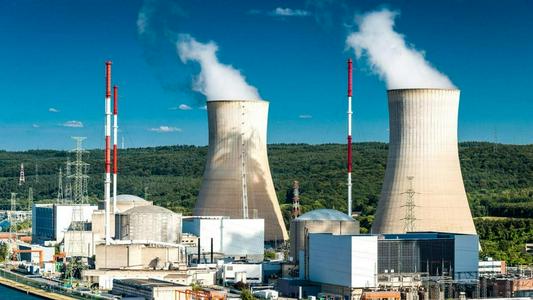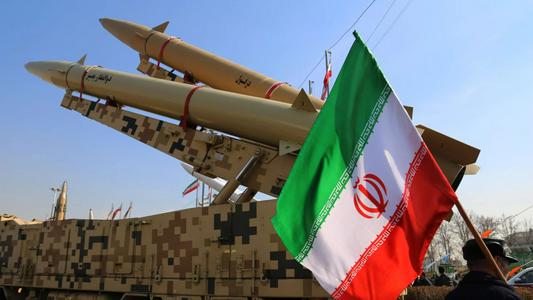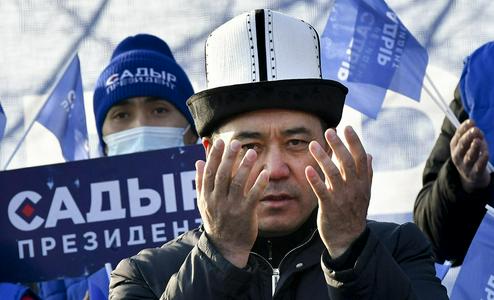On June 22, at the initiative of the American side, U.S. First Deputy Secretary of State Christopher Landau held a phone call with Turkmenistan’s Foreign Minister Rashid Meredov, according to the press service of the Turkmen Ministry of Foreign Affairs.
The call took place on the same day as a large-scale U.S. Air Force bombardment of Iran’s nuclear facilities, though the statement does not clarify whether the conversation occurred before or after the attack.
«The heads of the foreign ministries discussed international and regional issues of mutual interest. In particular, they exchanged views on the current situation in the Middle East and on addressing a number of related humanitarian issues,» the ministry said in its statement.
It emphasized that Turkmenistan, as a neutral state, expressed its willingness to «participate in resolving the current Middle East situation by employing the broadest range of diplomatic tools and methods."
Turkmenistan shares a 1,148-kilometer border with Iran. Since the beginning of the Iran–Israel conflict, it has served as a humanitarian hub, allowing foreign nationals exiting Iran to enter its territory. Turkmen border checkpoints have so far processed more than 2,000 individuals from Central Asian countries, Russia, South Korea, the UAE, Saudi Arabia, Oman, Bahrain, Qatar, Kuwait, Germany, Switzerland, Denmark, the United Kingdom, and others.
In addition, after Iran’s airspace was closed, airlines began seeking alternative routes, increasing traffic in Turkmenistan’s airspace.
In the early hours of June 22, the U.S. Air Force struck three nuclear facilities in Iran — in Fordow, Natanz, and Isfahan. U.S. President Donald Trump called the attack “a historic moment for the United States of America, Israel, and the entire world.” He warned that any Iranian retaliation would be “met with far greater force.”
Earlier, on the night of June 13, the Israel Defense Forces launched a large-scale operation named Rising Lion, during which the Israeli Air Force carried out strikes on Iranian military targets and nuclear program facilities. The attacks killed several high-ranking Iranian officials, including the Chief of the General Staff and the commander of the Islamic Revolutionary Guard Corps, as well as several nuclear scientists. Iran responded with True Promise 3, launching missile strikes against targets in Israel.
